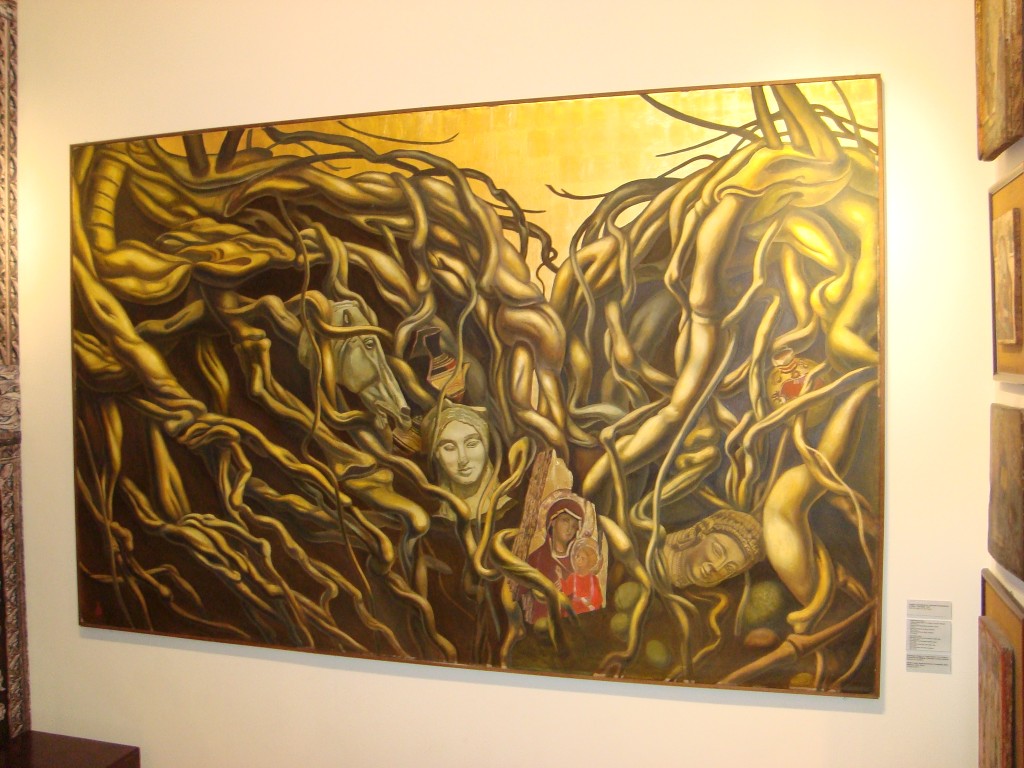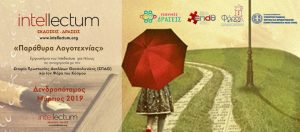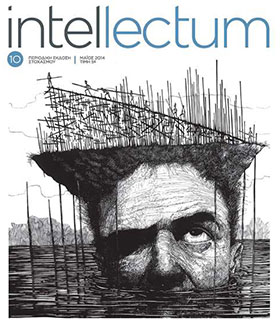“We Have Really Crazy Time Here” and the Aid-Work Trauma
February 6th, 2015
I recently received an email from my Ukranian friend; it started as follows: “I’m really sorry that I do not reply on time, but we have really crazy time here.” I am very proud of my friend. She is working in Kiev for Amnesty International and faces the struggle of survival every hour. I was very happy to hear from her but at the same time I felt fear and hopelessness, because I have absolutely no idea what she is going through. A few days later, I read another fear-inspiring piece of news about Kayla Mueller who was genuinely sharing her smile from a picture published in the New Yorker. She is a complete stranger to me, but we share the same age, the same idealism for the world and interest in Aid Work, admittedly my experience being significantly limited to hers. Looking at her picture and reading about her tragedy, forced me for the first time to think of all the people I worked with in the AID Providing Industry, as well as my friends volunteers. Could they be subjects of such a tragedy?
The Aid Agency I chose to volunteer for was UNHCR in Cyprus. Most people think that such agencies mainly carry out administrative tasks and lack in any decision-making power. In my experience, the people working there were constantly looking for loopholes in the massive bureaucratic structure that would help traumatized strangers, they would spend a great amount of time on the phone and most of the times they were leaving much later than the official office hours. They inspired me. I was more than happy to help the information specialist with translation, attended the workshop that the legal adviser organized on Refugee Law and enjoyed summer in Nicosia. Only towards the end of my stay, the explosion at Zygi happened and the power cuts ensued.[1] But that was only towards the end of my volunteering experience. I left and my colleagues stayed back. They are still there just like my Ukrainian friend is still there amidst those crazy times; doing what she can just like Kayla did.
I am constantly surprised when I consider how many things I have learnt from strangers. It often seems that the power of their experience, their sense of duty, their story (or whatever it is that I find inspiring) resonates with my story on too many levels to enumerate. Why would a story matter so much? Why am I moved to tears while thinking of Kayla’s story? My Ukrainian friend? My colleagues? Is it because I’m not there? That my absence in a weird and irrational way signifies in-action? Is it also the point that instead of Kayla it could have been any journalist or aid worker such as my colleagues or even me, if of course space-time was fast-forwarded during my stay there? Too many questions that push me to the limits of thought and the only question that remains unsettled is “what can I do now?”
This question is the most perplexing one: What can I do in these crazy times? or for that matter what can anyone do? Undoubtedly, as an aspiring academic I could revise my graduate school notes on Ulrich Beck and his idea on Risk Society, ponder his argument and immerse myself in his time-space and compare what he was saying about technology with the present situation. That of course would be solely informative and would not translate into meaningful action anyway. Or at least the actions my Ukranian friend would have approved of; and now what? I started thinking again of the importance of individual stories. Isn’t the act of telling a story a way we can suspend time and think?
In my recent past, I spent about two years volunteering in Greece and surrounded by stories of financial struggle, suicides and despair but also by people who were redefining concepts like value, life, learning and sharing. They chose to tell a different story. For example, many other fellow volunteers I had the luck to work with were constantly seeking for things to do that could not be easily captured by market forces or attached to a specific price tag. Working pro bono was one of such actions, volunteering for animal shelters or orphanages was another. I also met professionals who literally wanted priceless quality be it in their writing or meaningful activism, such as the creators behind a documentary “Ruins: Chronicle of HIV witch-hunt” or the political group in a small town in northern Greece that showed the documentary for free. My bunch of volunteers had come from different countries (including Egypt, Turkey, France, Spain and Czech Republic) to a small provincial town in Greece, so they could work on media projects, learn about the people there and connect through doing something meaningful or at least relishing the power of effort, new friends and new stories. I also met people who taught me that despite the Greek crisis and all its grim consequences, we need to show courage and do what we can a step at a time.
Throughout my travel experience that can be easily confounded with the travel stories of a gypsy, I realized empathy and genuine connection with others can truly make a difference in these crazy times. Perhaps that’s exactly what St. Francis of Assisi meant by urging us to do the necessary, then the possible and hopefully the impossible.[2] In this case, the impossible would be to defy the tide of our present and live with courage and intellectual optimism. Maybe that’s why I am so moved when I look at Kayla’s picture, while talking to a Lebanese friend about ISIS. She did what she thought was absolutely necessary and her story carries an impossible undertone, to keep doing what we can in eliminating suffering even when anger claims the best in us. So her story and the stories of all those who try (tried) to help would be redeemed.
Isn’t that worthy thinking?
To all my friends volunteers, to UNHCR office in Nicosia and of course to my Ukrainian friend; thank you for being part of my story.
To see the New Yorker Article about Kayla Muller follow the link: https://www.newyorker.com/news/amy-davidson/kayla-muellers-calling
[1] Detailed Report of the Incident can be found here: https://www.bbc.com/news/world-europe-14102253
[2] My mother in law shared this quote with me, a week before this article was written.



